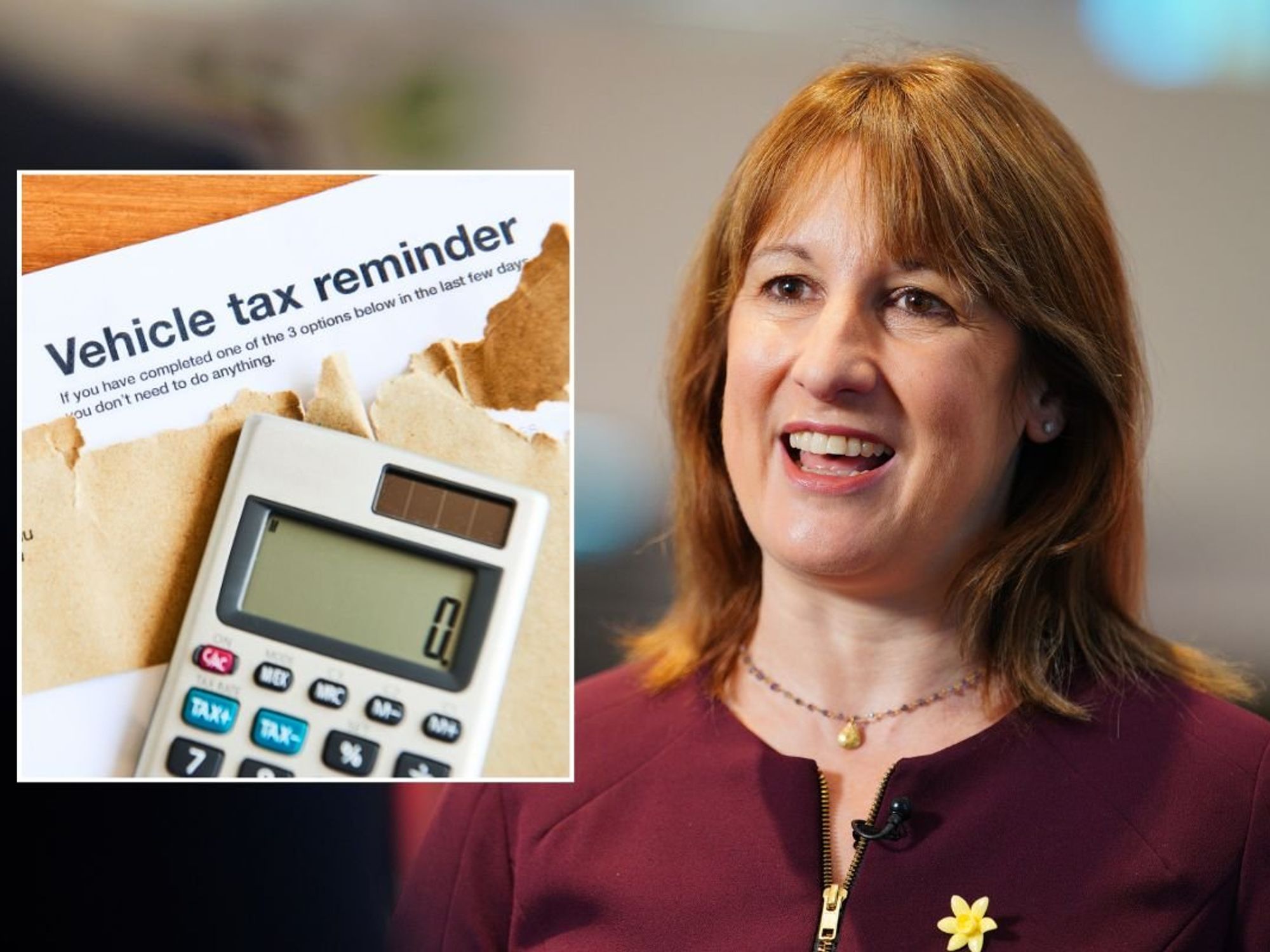Britons can gift unlimited amounts to their family without paying inheritance tax – but there are 3 rules to follow

Gifting from surplus income rather than assets can mean Britons can pass on a lot of their money tax free.
|GETTY

Britons can pass on as much money as they want tax free, but an expert warns there are three rules to keep in mind
Don't Miss
Most Read
Gifting from surplus income rather than assets can mean Britons can pass on a lot of their money tax free.
Making gifts throughout one’s lifetime is an effective way to ensure that people are leaving as much behind to their loved ones as possible whilst also helping to cut their inheritance tax bill.
The inheritance tax personal allowance gives each person a total of £3,000 worth of gifts to give each tax year without them being added to the value of one's estate.
For marriage or civil partnership celebrations, people can give up to £5,000 tax free depending on their relationship with the giftee.
However, there is a way to gift more than this without getting taxed.
Stevie Heafford, a tax partner at HW Fisher, an audit and advisory firm, explained how people can gift more than the personal allowances above, without being subject to tax.

For marriage or civil partnership celebrations, people can give up to £5,000 tax free depending on their relationship to the giftee
|GETTY
What is surplus income?
Speaking to GB News, Heafford explained that surplus income is any income that is leftover once all of someone’s outgoings have been paid.
She said: “Remember your income isn’t only employment earnings and pension payments, it also includes any monies that you receive in the form of interest, ISAs, dividends and rental income.
“If you can afford to make regular financial gifts without it affecting your everyday lifestyle, the most common next step is to set up a regular payment plan through your bank.”
What qualifies as a gift out of surplus income?
Heafford warned of three rules that people need to follow to make sure that their gift out of surplus income will be exempt from inheritance tax.
- The gifts must be made out of one's income
- They must be paid on a regular basis and become part of one’s ‘normal expenditure’.
- Making these gifts should not impact one’s current standard of living.
She said: “Make sure you are correctly calculating your income – missing any of the applicable earnings when calculating your total income can be a costly mistake for your giftee.
“They could then be liable to pay up to 40 per cent of the amount gifted in inheritance tax.
“Be aware that the tax-free five per cent annual withdrawals from an investment bond do not count as income for this purpose.
"Another thing is keeping a file of all payments and your income history as this will be helpful evidence that your giftee can present to HMRC should they question your inheritance tax liabilities when you pass away.
“It is also recommended that before your first payment, you write a letter of intent to the recipient of your financial gifts, outlining that they are being made out of surplus income, as this is another reference that can be given to HMRC on your death.”
Inheritance tax receipts increased to £7.5billion from March 2023 to April 2024, the highest value ever recorded, HMRC figures show.
LATEST DEVELOPMENTS:
A common misconception is that inheritance tax is only for the wealthy, however, rising property prices and a 20-year freeze on the inheritance tax threshold are pulling more families into the net and causing bills to grow.
Currently sitting at four per cent, the proportion of deaths resulting in inheritance tax is estimated to grow to more than seven per cent by 2032/33.
Inheritance tax is usually charged at a rate of 40 per cent on the portion of the estate over a £325,000 threshold.
This increases to £500,000 if it includes a family home worth at least £175,000 which is passed on to children, grandchildren or another direct lineal descendant.










